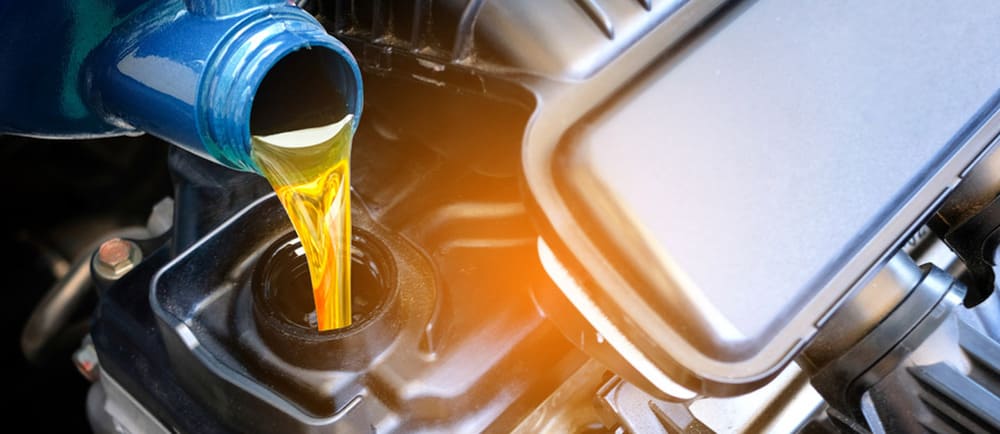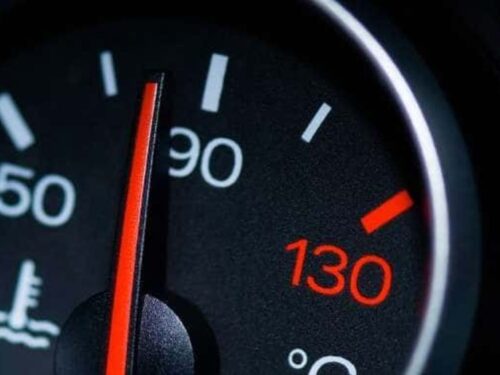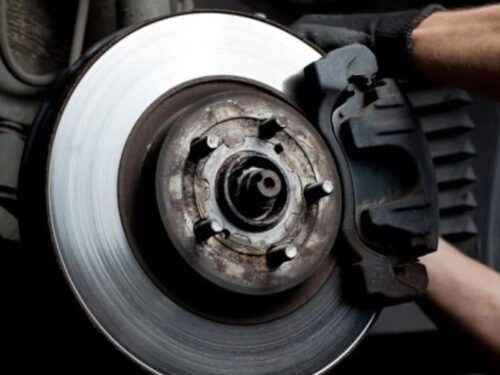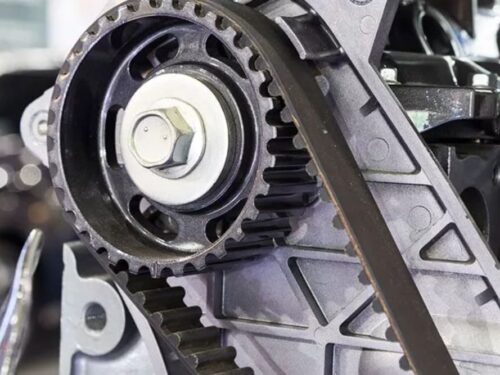
One of the most important aspects of car care is the timely changing of a car’s engine oil. Your car engine is a complex piece of machinery made up of thousands of different moving parts. The oil helps keep them lubricated while preventing the wear and tear of your car’s vital components.
However, over time, the oil will become dirty as a result of dirt, dust, and debris accumulating within it. Dirty engine oil can be hazardous as it fails to its job properly and may add to the risk of costly damages down the road. To keep your car engine running smoothly and at optimal capacity, it is crucial to have your oil replaced regularly.
1. Protects Against Corrosion
Your engine is highly vulnerable to corrosion from the natural elements. Engine oil provides a natural protective coating that prevents an attack from moisture, dirt, dust and other corrosive air particles. However, over time, your engine oil can begin to break down as well as become contaminated with carbon compounds, moisture and potentially any unburnt fuel within the engine. Therefore, periodic replacement with clean oil is essential to keep your engine protected from corrosion.
2. Prevents Wear and Tear
As already mentioned, your car engine is made up of thousands of different parts, often moving and rubbing against each other at very high speeds. This can naturally generate a lot of friction and would quickly wear out the engine without a purposeful lubricant such as engine oil. However, engine oil can degrade over time and lose its viscosity, meaning that its ability to reduce friction is lost over time.
Furthermore, the more you drive, the more of the oil gets burned away. Driving with the wrong level of oil within your vehicle can dangerous and can lead to a serious issue for your car engine. Thus, without a routine oil change, you are likely to experience more wear and tear.
3. Cools Engine Components
Both friction and the combustion process within your engine generates a lot of heat, which can damage its components if the excess heat is not released elsewhere. Engine oil helps prevents excessive heating of your engine parts by reducing friction and transferring heat away from the vulnerable parts. Ensuring that the oil is clean and sufficient ensures the risk of the engine overheating is greatly mitigated.
4. Keeps Engine Clean of Debris
The frequent rubbing and friction between the various components can result in debris of metal shavings being collected. Without engine oil, they can remain stuck in the engine parts and cause damage. Engine oil helps remove these shavings from the car’s vital parts. Furthermore, any dirt or dust that may enter within the engine is also removed by the oil and oil filter, keeping the engine clean and keeping peak performance.
However, over time as a large concentration of them within the oil starts collecting, they can create excessive wear and tear as well as reduce the oil’s ability to keep the engine clean. This is why routine oil and filter changes are recommended.
5. Improves Millage and Extends Engine Lifespan
A sticky sludge of oil and grime within the engine forces it to work harder to produce power and more fuel gets burned up as a result. Proper lubrication reduces excess strain on your engine and thus, helps extends its lifespan and improve fuel consumption. Since you have to spend less money on fuel, routine oil change translates to higher savings.
Furthermore, in many US states, most vehicles are required to pass a yearly emission test in order to stay legal on the road. Since regular oil changes help achieve greater fuel economy and thus lesser emissions, it aids your vehicle in passing these types. In addition, lower emissions are good for the environment as well.
6. Reduce Costly Repairs Down the Road
Because the engine is going through less strain, the parts see less wear and tear as well as the whole set up better protected against the elements, there is less risk of any expensive repairs incurring down the road. From our years of experience in the auto service industry, one of the most frequented reasons we encountered during our inspection for engine damage was that the owner neglected to perform an oil change on time.
An oil change is very inexpensive and the process can take as less as 15 minutes to perform. This is a much better alternative than risking serious damage to your engine, resulting in a long time and a lot of money spent at the mechanic. If your engine is blown, replacement with even a used one can cost you on average $3000 to $6000 dollars.
7. Increases Resale Value
If you have maintained routine change of your engine oil and oil filter, you are likely to benefit from a higher resale value when you finally decide to sell your car. A history of timely oil changes shows that you have taken well good care of your car’s engine and prevented from experiencing any pre-mature wear and tear.
Concluding Note
The engine is one of the most important and expensive part of your vehicle. One of the most important things you can do to protect your engine’s health and extends its longevity is to perform a timely oil change. Ideally, you should check the quality of your engine oil weekly. Have it and the oil filter changed every few months or for every 3000-6000 miles, you add to the millage, whatever comes first.
Courtesy of paautoinspection










